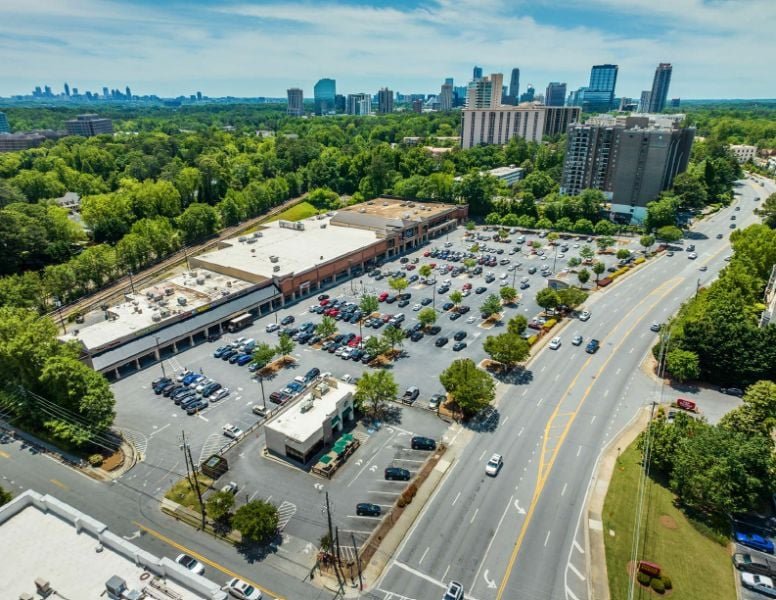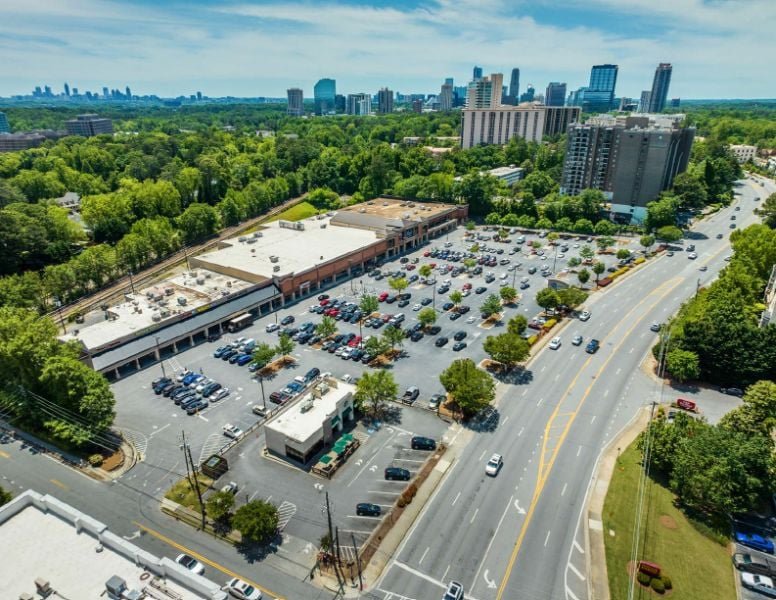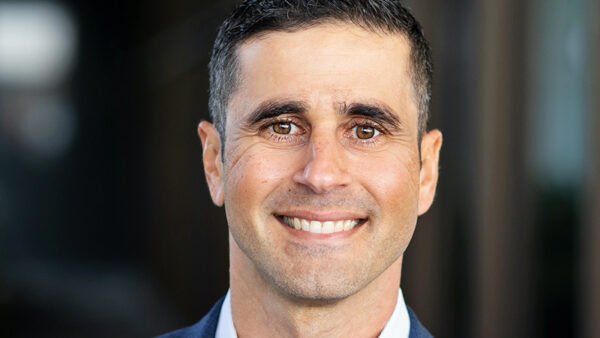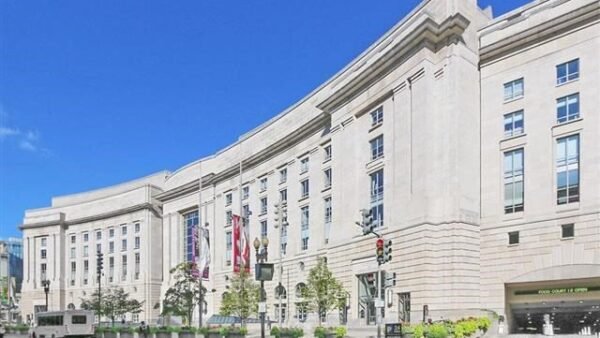
The proposed merger of grocery giants Kroger and Albertsons is on hold following a temporary injunction in a state’s case against the deal. Colorado Attorney General Phil Weiser filed a lawsuit in February in opposition of the merger and the companies will wait to proceed until a judge considers the case.
The pause will delay the companies’ sale of nearly 600 locations to C&S Wholesale Grocers. It would be the largest merger in the grocery industry’s history.
The delay is the latest twist to a proposed $25 billion deal that was first announced in October 2022. An initial divestiture package was announced in September 2023. Most recently, an updated plan and divesture package was released in April in response to federal and state antitrust regulator concerns.
All told, C&S would acquire a coast-to-coast portfolio that spans 18 states and Washington, D.C. The April agreement calls for boosting the store count by 166 for a total of 579 locations that would be acquired to C&S. That updated plan gives assurances that no stores would close and that frontline associates would remain employed. It also includes an expanded store set with additional non-store assets to ensure that C&S continues to be competitive post-merger.
In addition, C&S will acquire the QFC, Mariano’s and Carrs banner names and Kroger will sell the Haggen banner to C&S. Once the transaction closes, stores under these banners that are retained by Kroger will be re-bannered into one of the retained Kroger or Albertsons Cos. banners.
The grocery merger’s rocky path
The proposed deal faces multiple legal challenges in addition to Colorado’s. In February, the U.S. Federal Trade Commission filed suit in an effort to stop the merger. Both lawsuits argue that the deal would negatively impact food prices, stymie competition and hurt workers’ wages.
Colorado was the second state to oppose the deal, following a case by Washington that was filed in January. Since then, eight more states have filed similar lawsuits contending that the merger violates antitrust law.
The Colorado case is scheduled to begin trial on Sept. 30 in Denver District Court. The FTC’s lawsuit is set to be considered in Oregon on Aug. 26.





